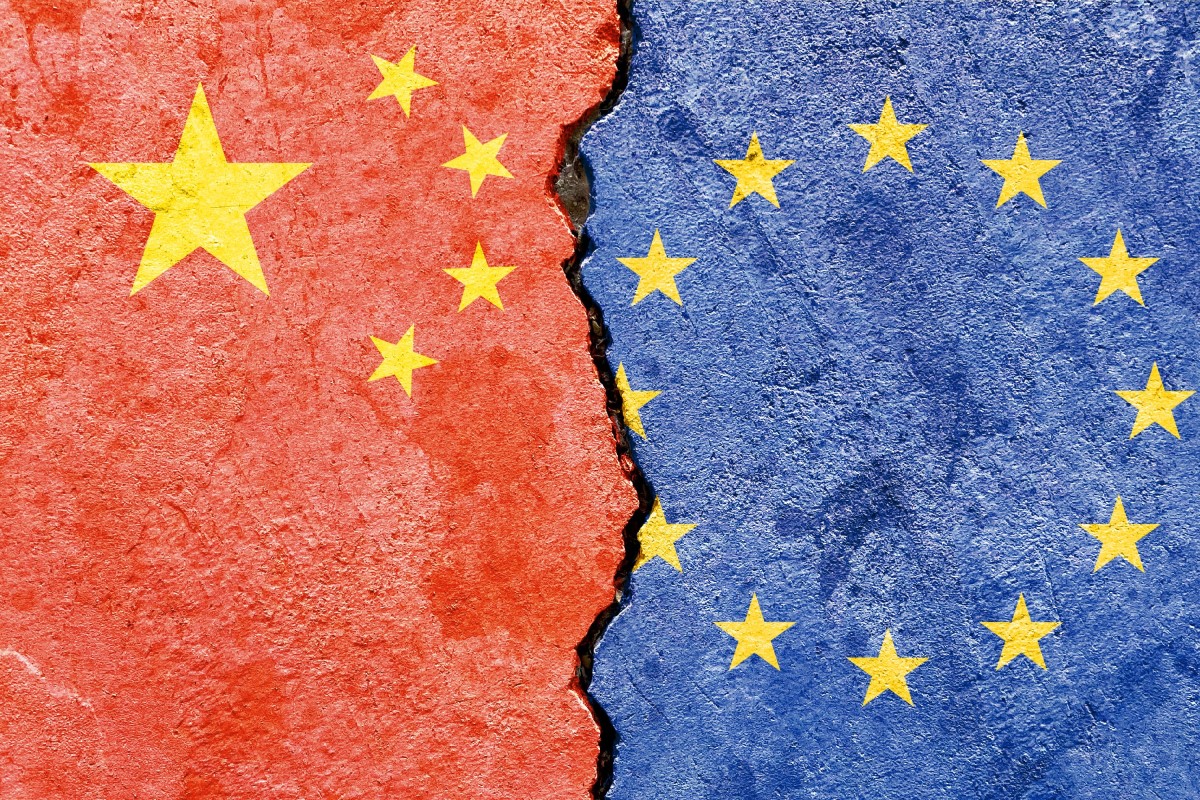China’s failure to criticise Russia over the Ukraine invasion has raised eyebrows in Europe, and EU officials told Beijing not to allow Moscow to circumvent the recently imposed Western sanctions. China-EU relations have been strained in recent times, but on Friday the two agreed that the war in Ukraine was threatening global security and the economy.
While Europe asked China to condemn the war, China wants Europe to “exclude external interference” (the US) from its relations. Premier Li Keqiang told EU leaders at the summit that China would pursue peace in “its own way”. On the other hand, China has been forging closer economic ties with Russia and the two have declared a “no-limits” strategic partnership.
“China has a very important export market in the EU that it wants to continue to make use of. The summit will show us how China intends to perform this balancing act, including how it will try to separate the EU from the US,” Joris Teer, a China analyst at the Hague Centre for Strategic Studies (HCSS), tells Deutsche Welle.
While it remains to be seen how relations between the bloc and China develop in future, let us look at the progress made so far.
A glance at China-EU relations
The Europe-China virtual summit, called the April Fool’s Day summit by some, was held under the framework of the EU-China 2020 Strategic Agenda for Cooperation. The key issues on the table related to intellectual property rights, research and innovation, digital economy and migration.
Back in 2015, China had announced it will contribute to the European Fund for Strategic Investments (EFSI), a €315 bn kitty. The European Commission and China also signed a Memorandum of Understanding (MoU) on the EU-China Connectivity platform in a bid to enhance synergies between China’s Belt and Road Initiative and Europe’s Trans-European Transport Network policy.
China and Europe have extensive trade relations, with Europe being the largest trading partner of China, exchanging $709 bn worth of goods and services in 2021. The European Union’s statistics office Eurostat on Friday said the bloc had a trade deficit of €249 bn with China, with imports jumping more than 20%, while exports grew only 10%. This is despite the disruptions caused by the Covid-19 pandemic.
Europe largely imported telecoms equipment, data processors and electrical kits, while exporting cars and car parts. Eurostat data shows that the Netherlands had the largest deficit at nearly 95 billion euros, while Germany recorded the largest surplus. Germany is also China’s top exporter and second-biggest importer in Europe.
The report adds that Europe had trade surpluses in food & drink, raw materials and energy while deficits were seen in chemicals and machinery & vehicles.
Chinese investment in Europe
Over the previous decade, China has invested heavily in western Europe, and 2016 saw a record high of Chinese foreign direct investment worth €42bn into Europe and the UK. The main beneficiaries of Chinese investments until now have been Germany, the UK, France, Italy and the Netherlands.
Historically, European investment in China was higher, but the tide turned rapidly after 2014. In 2016, new Chinese investment in the EU was more than four times higher than the European FDI in China. A Bloomberg report from 2018 found that China had bought or invested in European assets amounting to at least $318 bn.
However, China’s FDI in Europe is a mere 2.2% compared to the US which takes the top spot with a 38% share, reports The Diplomat.
China’s direct capital investment in Europe fell by nearly 50% in 2020, from $13.4 bn in 2019 to $7.2 bn, as per Baker McKenzie. Hungary was the only EU country that saw increased trade with China, with bilateral trade hitting $5.35 bn in the first half of 2020, up 9.8% year-on-year.
China-EU relations hang by a thread
The EU-China Comprehensive Agreement on Investment (CAI) is likely to become a cornerstone of capital flows between the partners. The primary focus of the agreement is the access of EU operators to the Chinese market and levelling the playing field. Both sides have agreed on ensuring liberalisation of investments, banning forced technology transfers and reining in state-owned enterprises.
Another landmark clause of the treaty is China committing to labour and environmental standards in an economic agreement, a first for the country that has often faced backlash over its treatment of workers. However, the CAI has no mention of human rights, an area where China has attracted the ire of Western nations, for example, the forced labour of Uyghur Muslims in Xinjiang factories.
As the April 1 summit progressed, there was no outcome over the CAI, and market experts feel that the deal may be dead due to China’s failure to condemn Russia’s invasion of Ukraine.
Last year, China imposed a raft of retaliatory sanctions against EU officials and agencies that spoke against China’s persecution of Uyghurs and Tibetans.
Across Europe, companies are rethinking their relationship with China and German carmaker Volkswagen said it aims to become less dependent on Chinese imports.
Most recently, China has started a boycott of imports from Lithuania, after the EU member state allowed Taiwan to open its first de-facto embassy in Europe. China has time and again claimed Taiwan as is its own territory. In January, the EU approached the World Trade Organization against the unofficial Chinese boycott of Lithuanian goods and called the move “illegal”.
(US$1= €0.91)


 Australia
Australia China
China India
India Indonesia
Indonesia Japan
Japan Malaysia
Malaysia Philippines
Philippines Singapore
Singapore South Korea
South Korea Taiwan
Taiwan Thailand
Thailand Vietnam
Vietnam







